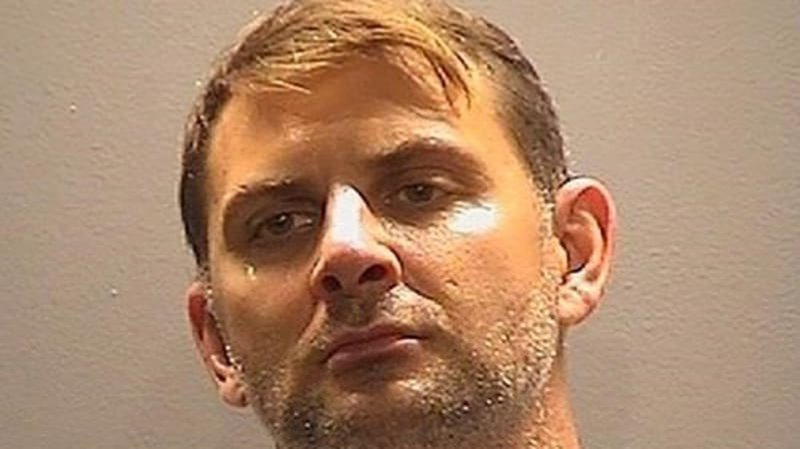
Feds charge former Green Beret with espionage with Russia
FALLS CHURCH, Va. — A former Army Green Beret living in northern Virginia was arrested on Friday, charged with divulging military secrets about his unit’s activities in former Soviet republics during more than a decade of contacts with Russian intelligence.
Peter Rafael Dzibinski Debbins, 45, told Russian intelligence he considered himself a “son of Russia,” according to an indictment made public after his arrest.
“Debbins thought that the United States was too dominant in the world and needed to be cut down to size,” prosecutors alleged.
The indictment also states that Debbins was motivated in part because of bitterness over his Army career and a desire to establish business contacts in Russia.
